Ramadan: The Month of Seeking Forgiveness from Allah
Ramadan is a month of reflection, devotion, and spiritual rejuvenation. Among its many virtues, Ramadan is celebrated as the month of forgiveness by Allah, offering believers an opportunity to seek redemption and purification of their souls. This divine mercy is beautifully encapsulated in the teachings of Prophet Muhammad (peace be upon him) through various Hadiths.
The Prophet Muhammad (peace be upon him) said, "Whoever fasts Ramadan out of faith and with the hope of reward, all his previous sins will be forgiven." (Narrated by Abu Huraira, Sahih Bukhari)
This Hadith underscores the profound forgiveness that accompanies sincere fasting during Ramadan. It highlights the importance of faith and intentionality in seeking forgiveness from Allah.
Furthermore, the Prophet (peace be upon him) emphasized the value of prayers and good deeds during Ramadan. He said, "The five daily prayers, and from one Friday prayer to the next, and from one Ramadan to the next, are expiation for sins committed in between, so long as major sins are avoided." (Narrated by Abu Huraira, Sahih Muslim)
This Hadith illustrates how the regular observance of prayers, Friday congregational prayers, and fasting during Ramadan serve as a means of atonement for sins, provided one abstains from major transgressions.
Moreover, the Prophet Muhammad (peace be upon him) stated, "Whoever stands in prayer during Ramadan out of faith and with the hope of reward, all his previous sins will be forgiven." (Narrated by Abu Huraira, Sahih Bukhari)
This narration reinforces the significance of engaging in extra prayers, such as Taraweeh and long Tahajjud parayers during the nights of Ramadan, with sincere faith and anticipation of divine reward.
The Prophet (peace be upon him) also emphasized the importance of seeking Laylat al-Qadr (the Night of Decree), saying, "Whoever stands in prayer on the Night of Decree out of faith and with the hope of reward, all his previous sins will be forgiven." (Narrated by Abu Huraira, Sahih Bukhari)
Laylat al-Qadr, as described in the Quran, is a night of immense blessings and divine mercy, wherein sincere worship can lead to the forgiveness of past sins.
As Muslims strive to make the most of Ramadan's spiritual opportunities, it is crucial to heed the Prophet's teachings and engage passionately in acts of worship and repentance.
A touching Hadith narrated by Jabir ibn Samurah, the Prophet Muhammad (peace be upon him) relayed a solemn reminder for us about the consequences of neglecting Ramadan. He said, "Gabriel came to me and said, 'Whoever reaches Ramadan and does not have his sins forgiven and so enters Hell, may Allah distance him! Say Ameen.' So I said Ameen. 'Whoever witnesses the prayer of his parents and one of them, and does not earn Paradise as a result, may Allah distance him! Say Ameen.' So I said Ameen." (Reported by Al-Tabarani)
This powerful Hadith serves as a wake-up call, urging believers to seize the opportunity of Ramadan for spiritual growth and forgiveness, lest they face regret in the Hereafter.
Additionally, angels supplicate for their forgiveness for us in Ramadan. Hadith notes that angels will be supplicate for the those who are fasting until they break their fast and also while they are partaking in the pre-dawn meal, Suhoor. This spiritual ambiance, heightened by angelic intercession, underscores the profound grace and mercy enveloping Ramadan.
In the narration by Abdullah bin Amr, Prophet Muhammad (peace be upon him) elucidates the profound intercession of fasting and the Quran for a believer on the Day of Judgment: "Fasting and the Quran will intercede for the servant on the Day of Judgment. Fasting will say, 'O Lord, I prevented him from food and desires during the day, so allow me to intercede for him.' And the Quran will say, 'I prevented him from sleep at night, so allow me to intercede for him.' Thus, they will intercede."
This Hadith beautifully summarizes the dynamic role of fasting and engaging with the Quran during Ramadan, illustrating how these acts of devotion become advocates for the believer in the Hereafter. It is a time when hearts are softened, souls are purified, and forgiveness flows abundantly from the heavens, enveloping those who seek it with sincerity and devotion.
In conclusion, Ramadan stands as a sacred time for us to seek forgiveness and draw closer to Allah through fasting, prayers, and good deeds. It is a month brimming with divine mercy and opportunities for spiritual elevation. As believers embark on this blessed journey, let us heed the teachings of Prophet Muhammad (peace be upon him) and strive earnestly for forgiveness, redemption, and ultimately, Paradise.
Disclaimer
The views expressed in this article are the author’s own and do not necessarily mirror Islamonweb’s editorial stance.

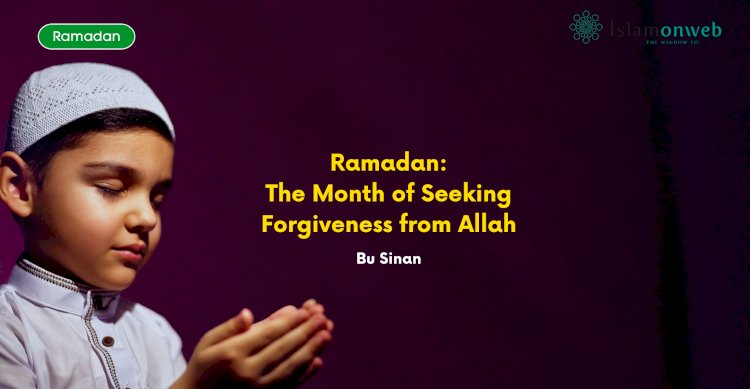


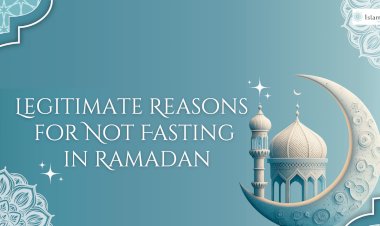
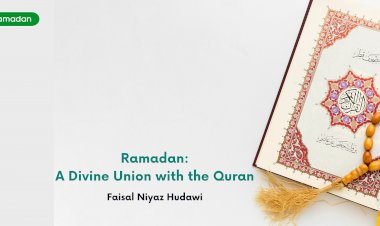
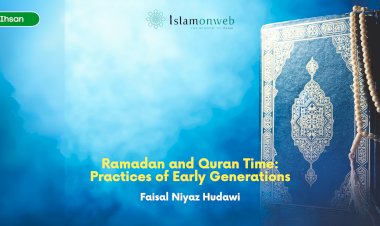

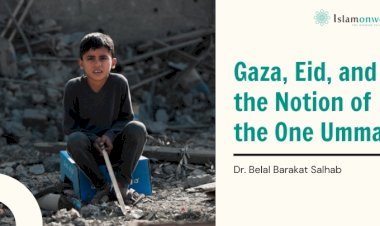















Leave A Comment